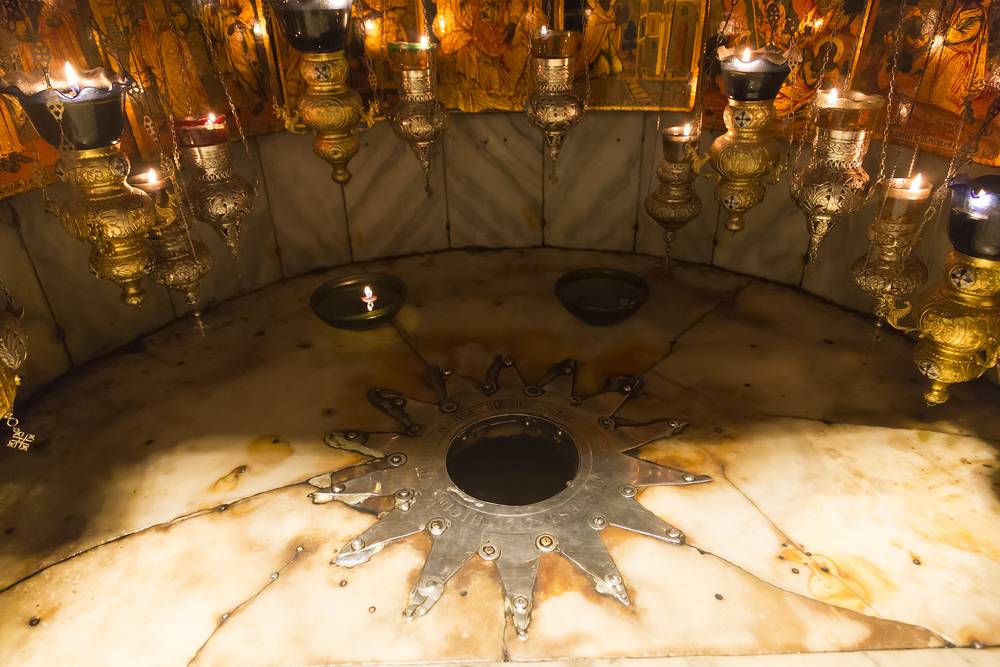Gospel text (Jn 3:14-21): Jesus said to Nicodemus: “Just as Moses lifted up the serpent in the desert, so must the Son of Man be lifted up, so that everyone who believes in him may have eternal life.” For God so loved the world that he gave his only Son, so that everyone who believes in him might not perish but might have eternal life. For God did not send his Son into the world to condemn the world, but that the world might be saved through him. Whoever believes in him will not be condemned, but whoever does not believe has already been condemned, because he has not believed in the name of the only Son of God.
And this is the verdict, that the light came into the world, but people preferred darkness to light, because their works were evil. For everyone who does wicked things hates the light and does not come toward the light, so that his works might not be exposed. But whoever lives the truth comes to the light, so that his works may be clearly seen as done in God.
“God so loved the world that he gave his only Son”
Fr. Joan Ant. MATEO i García(Tremp, Lleida, Spain)
Today, the liturgy offers us an early scent of Easter joy. The celebrant’s vestments are rose-colored. It is “Laetare Sunday,” inviting us to a serene joy. “Rejoice with Jerusalem and be glad because of her, all you who love her…,” sings the entrance antiphon.
God wants us to be happy. The most basic psychology tells us that a person who does not live happily eventually becomes ill, both in body and spirit. However, our joy must be well-founded, it must be the expression of the serenity of living a life with full meaning. Otherwise, joy would degenerate into superficiality and folly. Saint Teresa of Ávila accurately distinguished between “holy joy” and “foolish joy.” The latter is only external, short-lived, and leaves a bitter aftertaste.
We live in challenging times for the life of faith. But they are also exciting times. In a way, we experience the Babylonian exile sung about in the psalm. Yes, we too can experience an exile “by the rivers of Babylon there we sat weeping when we remembered Zion” (Ps 137:1). External difficulties and, above all, sin can bring us near the rivers of Babylon. Despite everything, there are reasons for hope, and God continues to tell us: “May my tongue stick to my palate if I do not remember you” (Ps 137:6).
We can always live happily because God loves us madly, so much that He “gave his only Son” (Jn 3:16). Soon we will accompany this only Son on His path of death and resurrection. We will contemplate the love of the One who loves so much that He gave Himself for us, for you and for me. And we will be filled with love and look upon Him “whom they have pierced” (Jn 19:37), and a joy will grow in us that no one can take away.
The true joy that lights up our life does not come from our effort. Saint Paul reminds us: it does not come from you, it is a gift from God, “for we are his handiwork” (Eph 2:10). Let us allow ourselves to be loved by God and to love Him, and our joy will be great this coming Easter and throughout our lives. And let’s not forget to let ourselves be embraced and renewed by God by making a good confession during this season of Lent.

